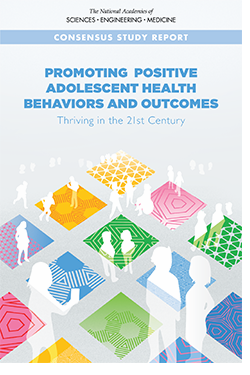1. What America Can Learn from Couples Therapy
Phil Cowan & Carolyn P. Cowan
2. Social Isolation and Loneliness in Older Adults: Opportunities for the Health Care System
3. Exploring Social Poverty: Low-Income Populations and the Impact of Family and Community Ties
Webinar replay https://www.dibbleinstitute.org/free-resources/webinars/
4. Divorce rate: Each of these cities has the highest rate of divorced residents in its state
Hristina Byrnes
https://www.usatoday.com/story/money/2020/02/23/these-cities-are-americas-divorce-capitals/41018261/
OR
National Marriage, Divorce Rates Both Declined in the Last 10 Years
5. Kids Navigating the Digital World:
5 Practical Tips for Parents6. The rise of the only child: What’s behind the rising number of single-child families
7. Earned Income Tax Credit: Not just for working families
https://www.oneillinois.com/stories/2020/2/21/earned-income-tax-credit-not-just-for-working-families
8. Best & Worst States to Raise a Family
Adam McCann
9. Social capital in the UK: 2020
10. 10 QUESTIONS TO BUILD A RESILIENT MARRIAGE
OR
HOW TO RESPOND TO A PARTNER’S VENTING
OR
Encouraging good marital habits
11. Munk Debates – Lyman Stone: Baby boomers have ruined the future for millennials
Thanks.
Bill




 email signature
email signature
 Adolescence is a period of immense growth, learning, exploration, and opportunity during which youth develop the knowledge, attitudes, and skills that will help them thrive throughout life. While most youth traverse
Adolescence is a period of immense growth, learning, exploration, and opportunity during which youth develop the knowledge, attitudes, and skills that will help them thrive throughout life. While most youth traverse